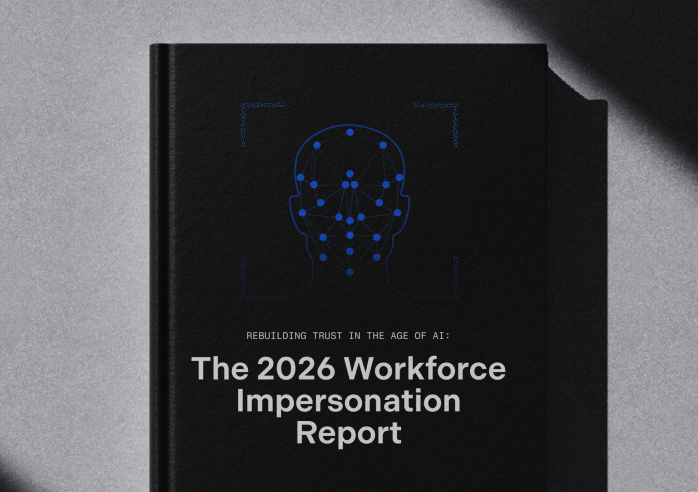As technology firms continue to develop their own metaverses, they are bound to face bad actors and trolls who break the community’s rules. To make matters worse, the use of realistic, next-generation technology like virtual or augmented reality (VR or AR) and the transactions involved in the metaverse’s infrastructures leaves users open to exploitation and companies scrambling to respond.
The Nametag team has previously dedicated itself to providing organizations with the resources they need to provide a secure experience to their users. Our Multi-Factor Identity technology is designed to fill a key role in making sure that metaverse users are who they claim to be, and tying transactions to real people or parties. While our work was designed to fight digital asset fraud, we feel that identity will play a key role in regulating metaverses as they continue to emerge.
The Emergence of Crime in the Metaverse
While the Web3-based crimes that have made headlines so far are largely based around fraud, cyber crime within these virtual communities is quickly escalating. Previously, a user of Meta (previously known as Facebook)’s Horizon Worlds metaverse platform reported that they had experienced virtual assault and harassment on the platform.
Although Meta quickly responded by introducing a four-foot Personal Boundary by default for users, this feature is a mere stopgap measure that might not prevent verbal harassment, and has raised questions on whether users have legal recourse or a support system to deal with violent or disturbing crimes committed in the metaverse.
Concerns from Policy Makers
The potential for metaverse-based fraud, assault, or even murder (with the destruction of one’s avatar) has raised concerns from policy makers like Omar Sultan Al Olama, the United Arab Emirates’ Minister of State, who is calling for the UN to develop international safety standards for metaverses. In a panel with experts, he also called for an “interoperability” between metaverse platforms.
What an Identity Solution Will Require
While we believe that identity-based solutions will play a key role in providing the regulations and interoperability that users and developers alike will need as the metaverse will continue to expand, we also project that these solutions will need to follow the best practices that data experts have previously outlined to maximize security and deter cyber crime from occurring.
Specifically, we believe that a decentralized identity solution will allow users to tie logins and authentication to their real identity (through government-issued IDs and real-time verification) while still offering the interoperability needed for regulation frameworks.
Solutions that can also tie digital identities to their actual accounts (and not another centralized data platform) will also have the infrastructure in place to tie user activity to an actual person and provide the interoperability a metaverse developer needs. If a user is suspended or banned from one platform, perhaps this background information can stick with their digital identity, and serve to deter malicious actors from accessing another similar platform.
Conclusion
At Nametag, we’re dedicated to providing the infrastructure users and developers need to ensure that they’re having positive experiences within their digital communities.
Our “Sign in with ID” solution is the next generation of account access and recovery, finally doing away with credentials and allowing users to utilize their actual identity to make their Web3 experiences safer, more secure and authentic.
And as organizations continue to expand their metaverses, we are dedicated to offering the support these developers need to protect their users.
If you’d like to see how Nametag can help your company streamline their identity and access management, you can contact us here.



